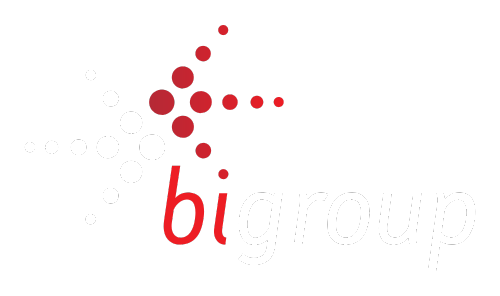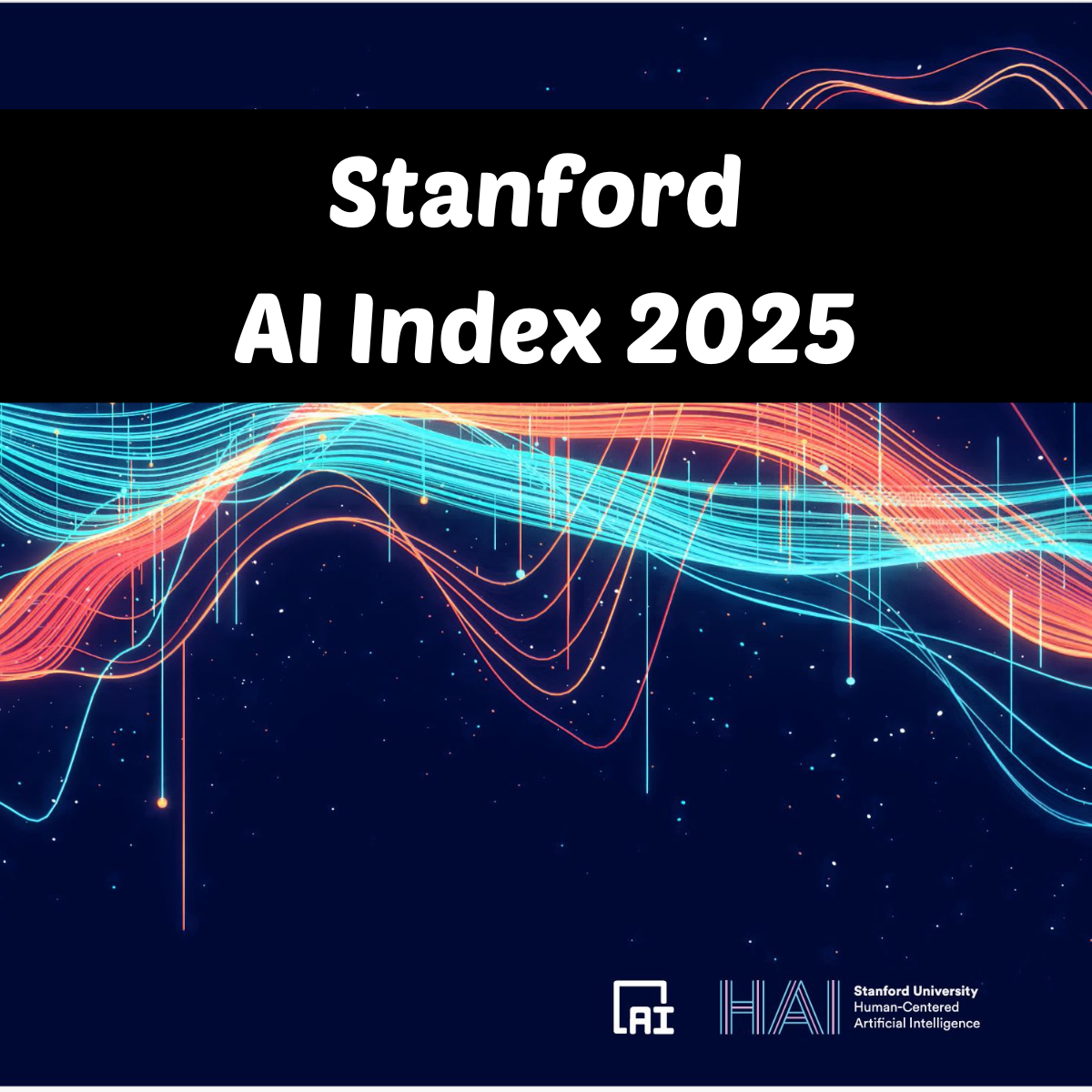And its implications for the future of AI and society.
Artificial Intelligence (AI) has become an integral part of our daily lives, transforming industries, societies, and economies at an unprecedented rate. The 2025 Stanford AI Index Report offers a comprehensive, data driven look at AI’s progress, impact, and challenges. However, beneath the surface of impressive statistics and benchmarks, the rapid evolution of AI presents critical questions that we must address as an industry, a society, and as global citizens.
This article explores the key insights from the 2025 Stanford AI Index, providing my reflections on the implications of these findings for businesses, policymakers, and society at large. More importantly, it delves into the urgent need for responsible AI practices, global collaboration, and an ethical framework to guide AI development as we move into an era where AI is no longer just a tool but a key driver of social and economic change.
The AI performance surge and what it means for society
The 2025 Stanford AI Index reveals significant advancements in AI performance. AI has made dramatic improvements on benchmarks like MMMU, GPQA, and SWE-bench, with performance increases of up to 67.3 percentage points in some cases. These developments suggest that AI systems are not only improving in the tasks they perform but are also approaching new frontiers in their capabilities.
Whilst these advances are undeniably impressive, they also raise a fundamental question: Are we ready to manage AI at this scale and capability? The rapid performance gains highlight the growing gap between AI’s technical potential and the ethical frameworks that govern its development. It’s easy to get caught up in the excitement of AI’s power, but we must ask: what kind of world are we building with this technology?
As AI becomes more capable, the stakes become higher. AI systems are already being deployed in high stakes areas like healthcare, law enforcement, and finance. If these systems are not developed with strong oversight, they can perpetuate biases, cause harm, or even reinforce existing inequalities in society. Ethical AI governance is no longer a luxury or a distant concern; it is a necessity. Performance improvements must be accompanied by a commitment to fairness, accountability, and transparency.
AI’s growing role in everyday life and its potential to transform industries
The 2025 AI Index paints a vivid picture of how deeply AI is embedded in our daily lives. In 2024 alone, the FDA approved 223 AI-enabled medical devices, a massive leap from just six in 2015. Similarly, self-driving cars are no longer a distant concept. Companies like Waymo are providing over 150,000 rides each week, while affordable robotic taxis like Baidu’s Apollo Go are operating in cities across China. From healthcare to transportation, AI is at the forefront of transforming industries that affect millions of lives.
These are monumental shifts, and they raise both opportunities and challenges. AI has the power to solve real-world problems, whether it’s improving diagnostics, revolutionising transportation, or enabling smarter energy systems. But, we must be careful not to overlook the risks. The unintended consequences of AI in these sectors can be profound.
Take healthcare, for instance. AI’s ability to assist in diagnosis and predict health outcomes is revolutionary. However, if AI systems trained on biased data make decisions about patients’ care, it could lead to disparities in healthcare access and outcomes. How do we ensure that AI systems are not just improving efficiency but also promoting equity? As we integrate AI more into healthcare, the need for rigorous standards and accountability becomes more critical.
In the transportation sector, autonomous vehicles promise to reduce accidents and improve traffic efficiency. Yet, what happens when an AI system faces an ethical dilemma, such as in the event of an unavoidable accident? These are the types of questions we must answer now, before AI becomes ubiquitous in our cities and communities.
The surge in business investment in AI and the need for governance
The report reveals that in 2024, U.S. AI investment surged to $109.1 billion, nearly 12 times greater than China’s $9.3 billion. Moreover, 78% of businesses reported using AI in their operations in 2024, a sharp increase from 55% the previous year. With this surge in investment, AI is fast becoming a cornerstone of business strategy, with applications ranging from AI powered customer service to predictive analytics in supply chain management.
Whilst the rapid rise of AI investment is a sign of growing recognition of its potential, it also raises important questions about AI governance. As businesses rush to adopt AI technologies, there is a real risk that ethical considerations and social impact may be overlooked. AI is not a panacea; it is a tool that must be used responsibly.
The U.S. AI investment figures underscore the competitive nature of AI adoption. However, this competition should not come at the cost of responsibility. As businesses deploy AI solutions at scale, they must prioritise ethics alongside efficiency. Investment in AI should be accompanied by investment in ethical frameworks, employee training, and data privacy measures to ensure that these technologies are being used in ways that benefit society and avoid perpetuating harm.
AI should be seen not just as a business tool but as a tool for social good; a force that can drive positive change across society. Business leaders must ask themselves: How can we leverage AI to create a more sustainable and equitable future, not just a more profitable one?
AI Governance and the need for global collaboration
The AI Index highlights an essential trend: governments worldwide are beginning to ramp up efforts to regulate AI and ensure it aligns with ethical principles. In 2024, the U.S. introduced 59 AI-related regulations, marking a sharp increase from previous years. Countries like China, France, and Saudi Arabia are also investing billions in AI infrastructure to shape the future of this technology.
However, whilst regulatory efforts are increasing, responsible AI practices are still in their infancy. The AI Index highlights the urgent need for standardised evaluations of AI systems to assess safety, transparency, and fairness. Governments and industries must continue to work together to create robust frameworks that prioritise ethical AI development and ensure AI technologies are developed and deployed responsibly.
Responsible AI and the need for action
Despite the remarkable progress AI has made, the report notes that AI-related incidents have increased, with a 56.4% rise in reported incidents from 2023 to 2024. The AI community is beginning to address these issues, with emerging frameworks such as HELM Safety and AIR-Bench that aim to assess AI systems for fairness, accuracy, and safety. However, the gap between recognising these risks and taking meaningful action remains significant.
We cannot afford to wait until problems arise to take action. As AI continues to advance, it is critical that businesses and policymakers implement rigorous ethical guidelines and risk assessments to mitigate potential harm. A proactive approach to responsible AI will not only help to avoid future pitfalls but also enable AI to fulfil its potential as a force for good in society.
The road ahead for AI and a call for responsibility
The 2025 Stanford AI Index confirms that AI is advancing at an incredible rate, offering unprecedented opportunities across industries. However, this rapid development also comes with significant challenges, particularly around issues of accountability, bias, and data privacy. As AI continues to become more integrated into our lives, it is essential that we ensure these technologies are developed and deployed in a way that is responsible, ethical, and transparent.
The future of AI is promising, but it requires careful stewardship. Governments, businesses, and researchers must collaborate to create an AI governance framework that balances innovation with ethical considerations. Only then will AI be able to realise its full potential as a transformative technology that benefits all of society.
At BI Group, we are committed to leading the charge in responsible AI and ethical AI governance. Join us in shaping the future of AI by subscribing to our newsletter for the latest insights and developments in AI ethics, responsible AI, and sustainability. Let’s work together to ensure AI is developed with responsibility and aligned with human values.

